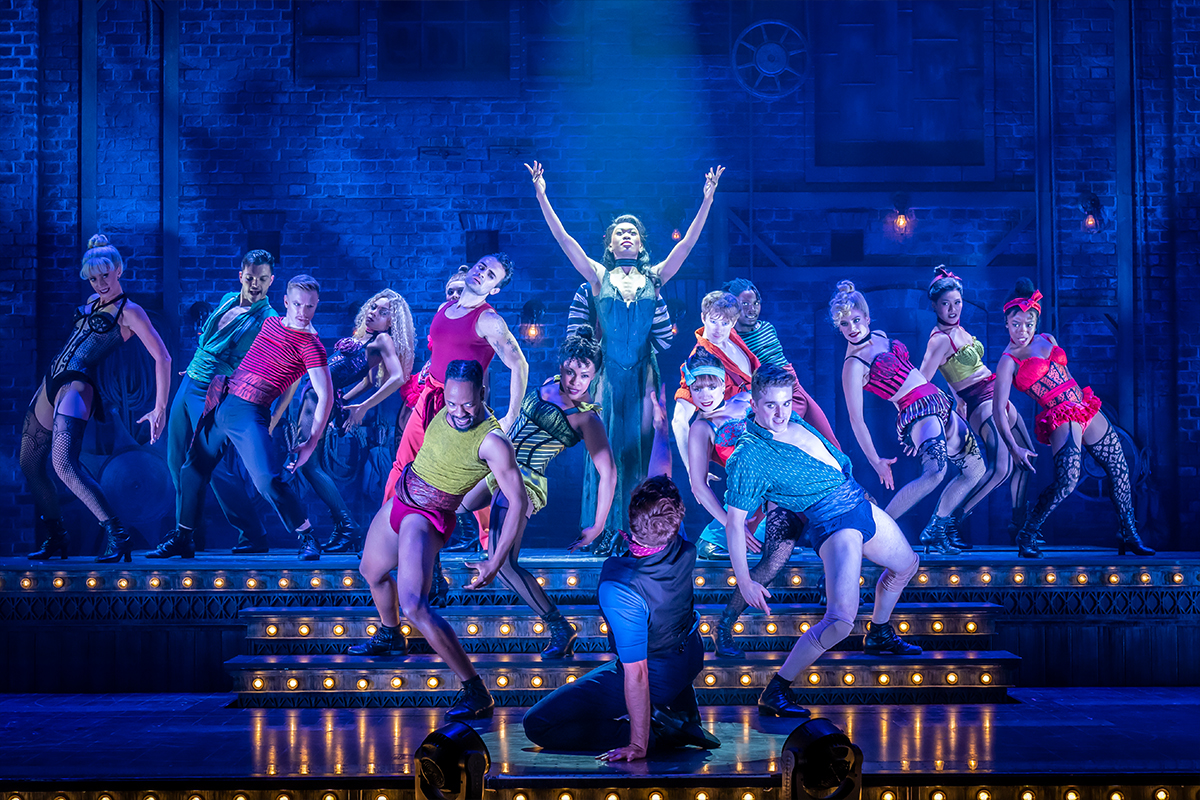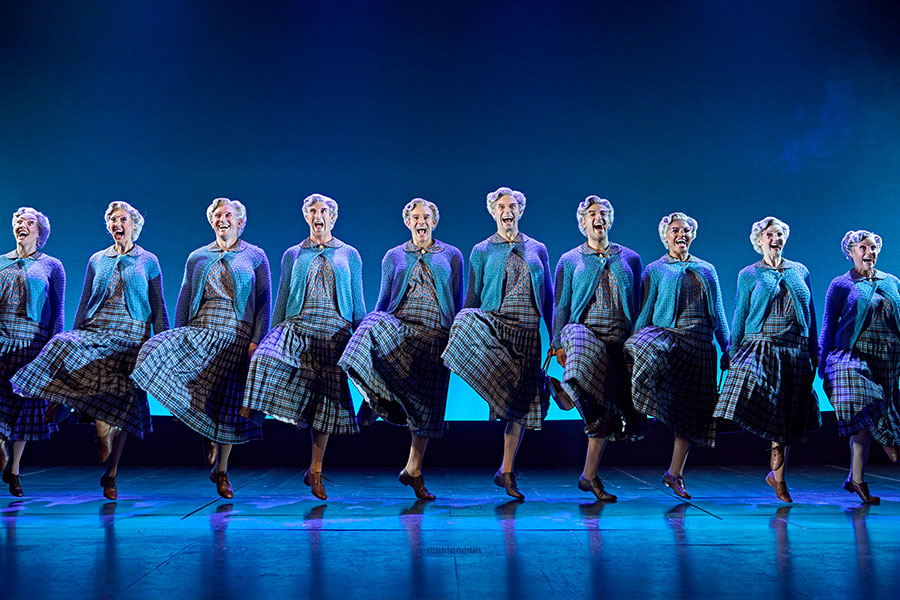The Amen Corner

© Richard H Smith
And that was my reaction to the last London revival, which started at the Tricycle and enlivened the West End briefly in 1987.
But Rufus Norris‘ irresistible production in the Olivier, with a tremendous, tragic and deeply moving performance by Marianne Jean-Baptiste as Sister Margaret Alexander, turns that preconception on its head. And provides the most joyous NT evening of the year so far.
Sister Margaret, who runs a “store-front” chapel upstairs populated by righteous brothers and sisters led by the imperious, bespectacled Cecilia Noble, and the glorious London Community Gospel Choir, has replaced her jazz-loving husband and wayward son with God in her life. She has to learn the right balance. That’s it.
But of course she has to learn the hard way. Norris and company have re-energised the simple dynamics of the play so that Baldwin’s characters “extend” through the action and the upstairs hallelujahs movingly counterpoint the developments in the downstairs kitchen.
Ian MacNeil’s design helps in this, too, creating a hazy Harlem hothouse of peeling windows and architraves around a split-level, opened-out interior; even when Lucian Msamati’s prodigal husband returns home – and this exceptional actor shows his true mettle here in two spectacularly managed collapses – he sleeps downstage in full view.
This creates a sort of vivid double pietà effect, with Sister Margaret also “cradling” Eric Kofi Abrefa’s son David as he plays out the great leave-taking scene, the personal flashpoint of Baldwin’s story. Jean-Baptiste is in bottled-up emotional meltdown in this last part of the play, completing a spiritual journey from sermonising sanctimony to heart-breaking humanity.
She is nuzzled along the way by her blood sister, Odessa, beautifully done by a transformed, new-look Sharon D Clarke, and a series of sharp vignettes by Jacqueline Boatswain as a gossipy sister “superior,” Donovan F Blackwood as her husband (the Clarke Peters role in 1987), and Miquel Brown as a chapel stalwart.
Whereas Sister Margaret diagnoses the loss of her second born as a positive sign from God, she cannot console the raging mother who loses hers at the top of the second act, and this passage becomes the structural hinge of the play.
The vocal arranger is the Reverend Bazil Meade, the music director, Tim Sutton. The gospel and hymn-singing is just wonderful throughout; you’ll stand up at the end to join in, not just applaud.


© Richard H Smith

© Richard H Smith

© Richard H Smith

© Richard H Smith

© Richard H Smith

© Richard H Smith

© Richard H Smith

© Richard H Smith

© Richard H Smith












